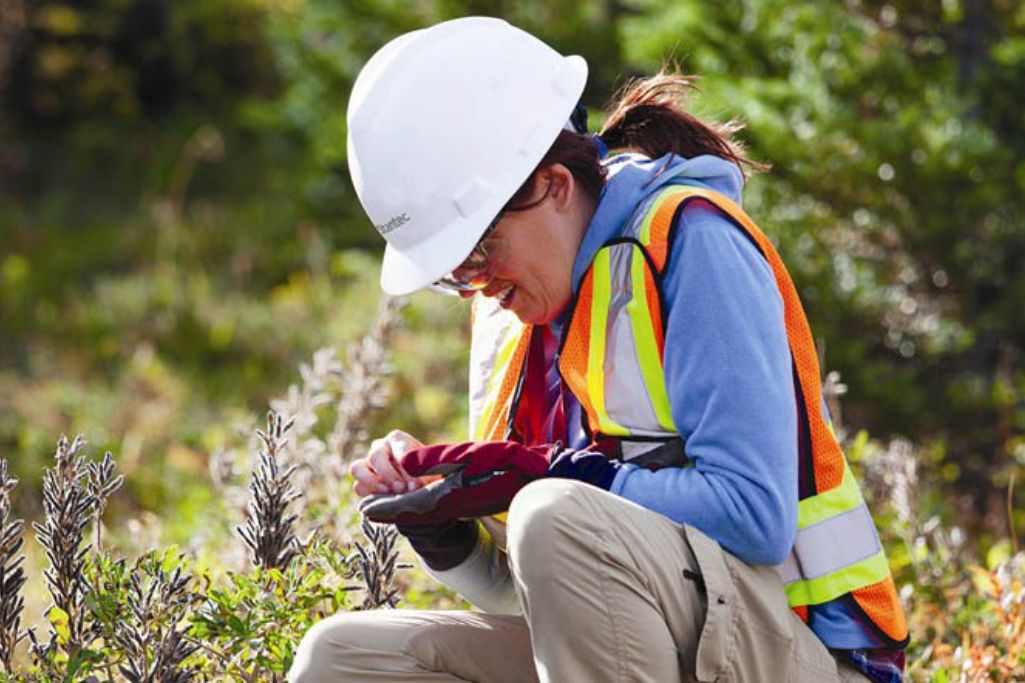Environmental Scientist

Environmental Scientist
Washington , USA, United States
An environmental scientist is a person who studies the natural environment to determine how to best protect it. They may help coordinate the cleanup of polluted areas, collaborate with industry leaders to determine how to best reduce waste to protect human health or advise policymakers on how to avoid environmental hazards. Many environmental scientists specialize in a subfield within environmental science, such as toxic waste cleanup, acid rain, air pollution, wildlife preservation, land conservation, mining reclamation or soil erosion.
(Company Facilities: Accommodation, Food, Medical Insurance)
Requirements:
- Passport Validity (1 year).
- Passport Size photo 2 inches by 2 inches on a white background, perfect for showing off your face.
- Updated CV.
- Police Clearence Certificate.
- Educational degrees, certificates, and transcripts.
- Previous employment experience documentation.
- Previous employment experience documentation.
- Marriage and birth certificates (if dependent members are traveling along).
Processing Time:
- H1-B Visa USA Processing Timeline: 16-24 Weeks
- Step 1: Enrollment
- Each following step will be carefully completed with the government's approval, ensuring a smooth and prompt process.
Responsibilities:
- Collecting and analyzing water, soil and air samples
- Developing ways to reclaim damaged areas, such as forests affected by fires
- Studying how certain external factors affect local plant and animal life
- Developing and implementing management and conservation plans for natural resources
- Presenting research to policymakers and the public and educating them on the importance of conservation efforts
- Performing inspections and enforcing environmental regulations
- Providing environmental guidance to government organizations, businesses and the public
- Evaluating the needs of natural habitats, fisheries and wildlife
- Developing conservation programs and activities in state and national parks
- Managing large-scale environmental projects
- Supervising laboratory staff
- Monitoring environmental data and making further recommendations
Requirement and skills:
- Effective communication is crucial for environmental scientists. They need to convey their findings to the public, policymakers, and fellow scientists. Additionally, understanding and interpreting others’ communication is equally important.
- Environmental scientists often deal with complex problems. The ability to analyze situations logically and arrive at sound solutions is essential.
- Environmental scientists collect vast amounts of data related to soil, air, and water. Proficiency in data analysis helps them identify trends, and patterns, and predict future environmental conditions.
- Understanding how humans interact with the environment and how it impacts health and well-being is fundamental. Environmental science draws from various disciplines like biology, chemistry, physics, geology, and engineering.
- GIS tools allow scientists to collect, store, manipulate, and analyze geographical data. This aids in studying human and natural activity patterns and predicting future trends.
- Environmental scientists work with samples of air, water, and soil. Proficiency in laboratory techniques helps identify environmental issues and develop solutions.
- Mathematical models enable scientists to understand, predict, and communicate complex environmental systems. Models can take various forms, from simple equations to intricate computer simulations.
- Accurate observation skills are critical for collecting data about the natural world. Environmental scientists rely on observations to understand and protect our environment.













